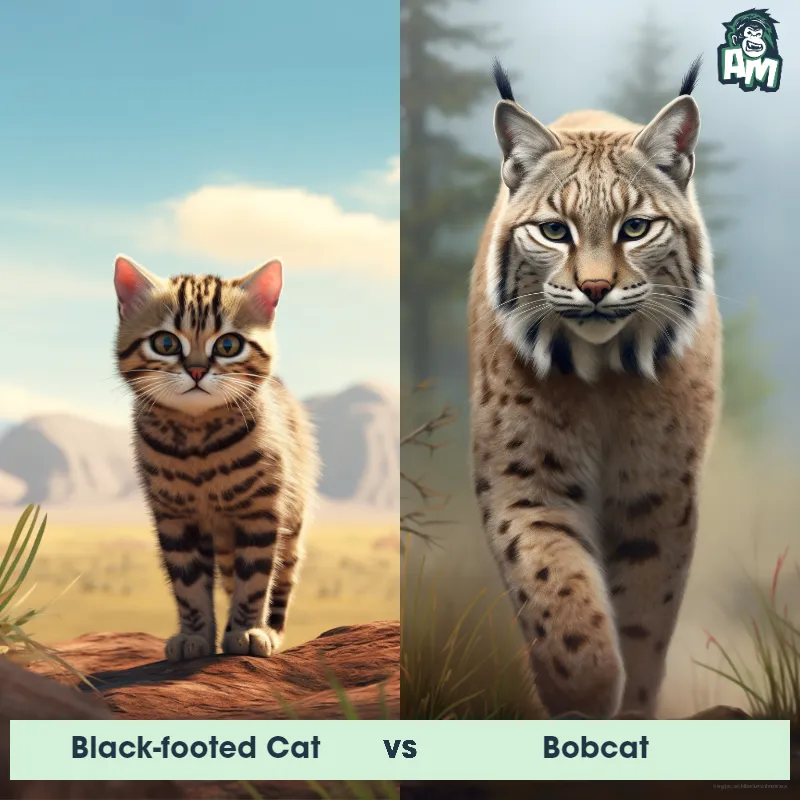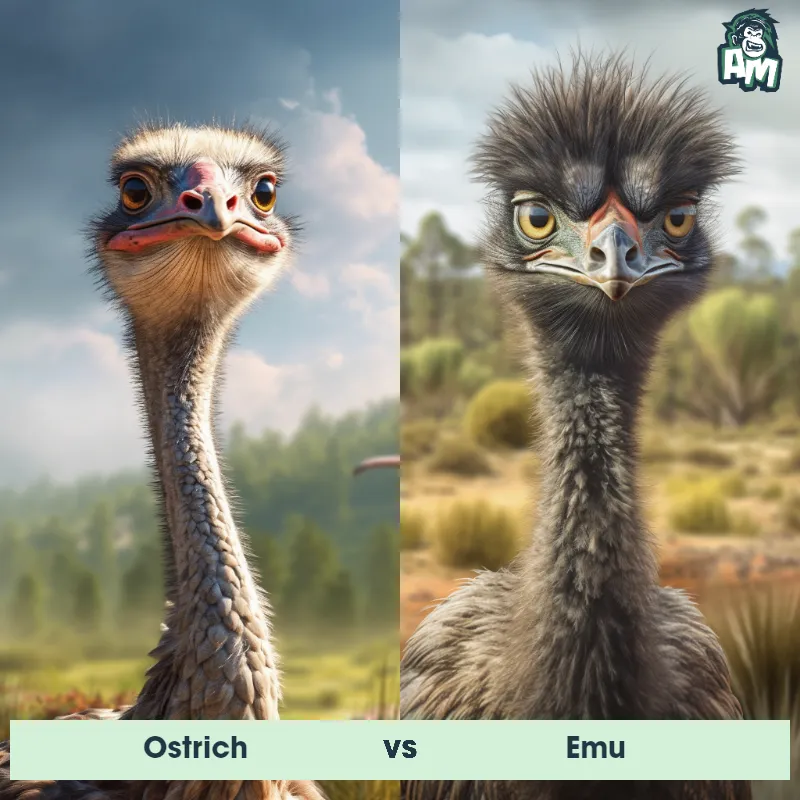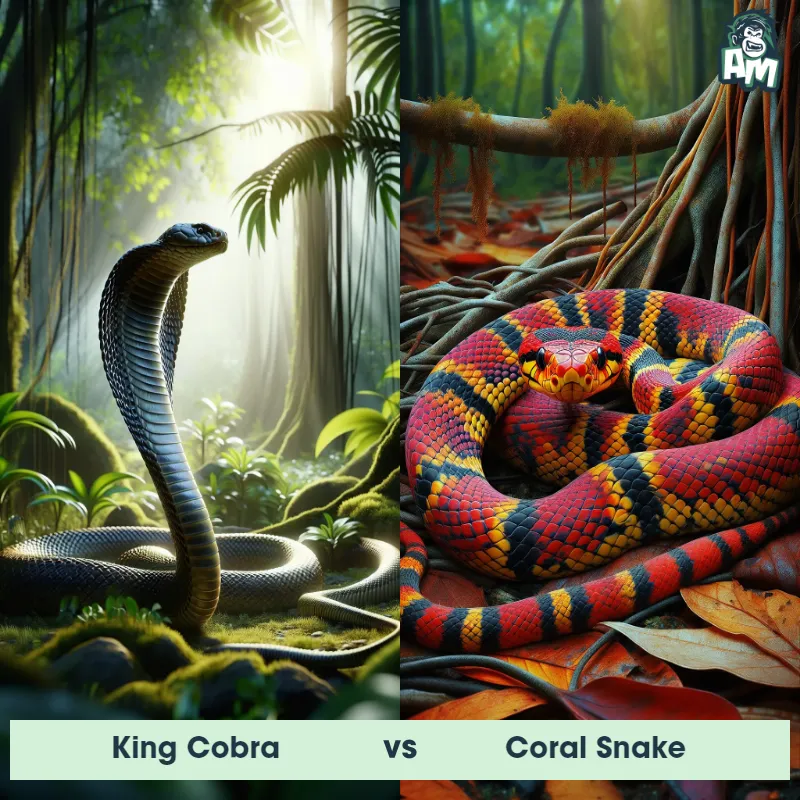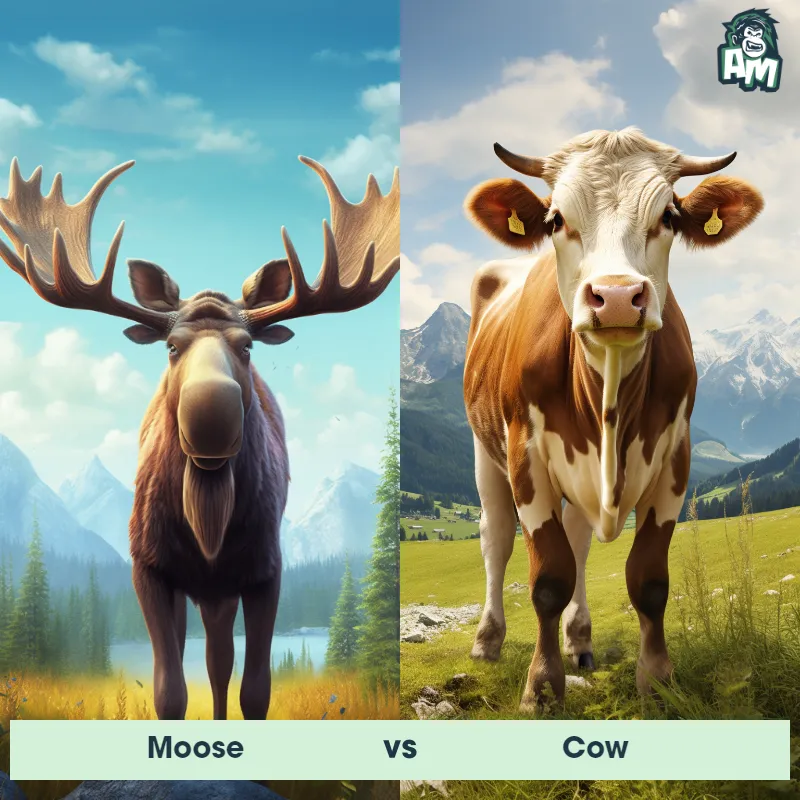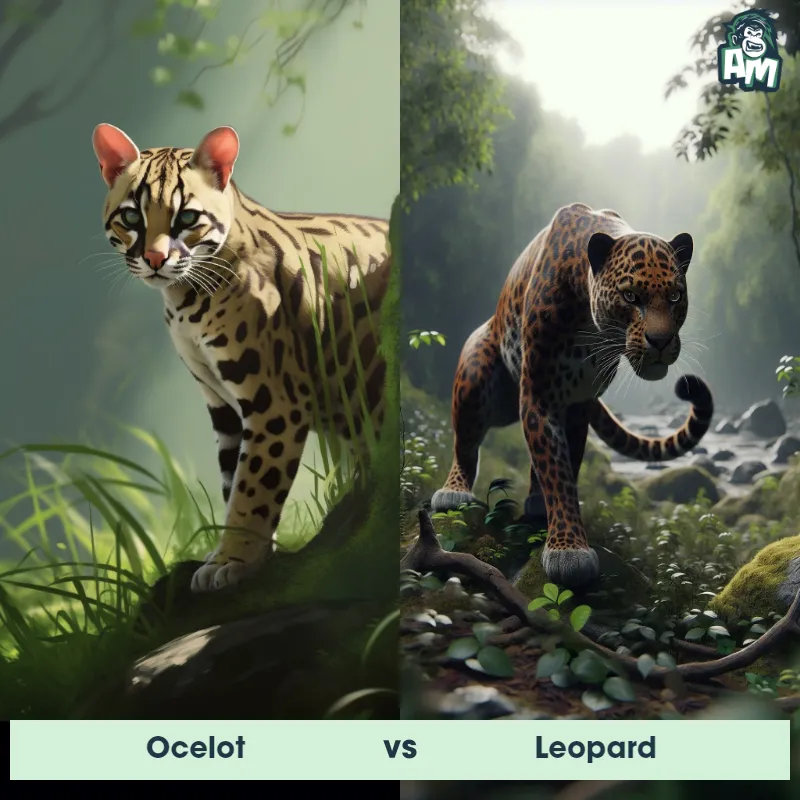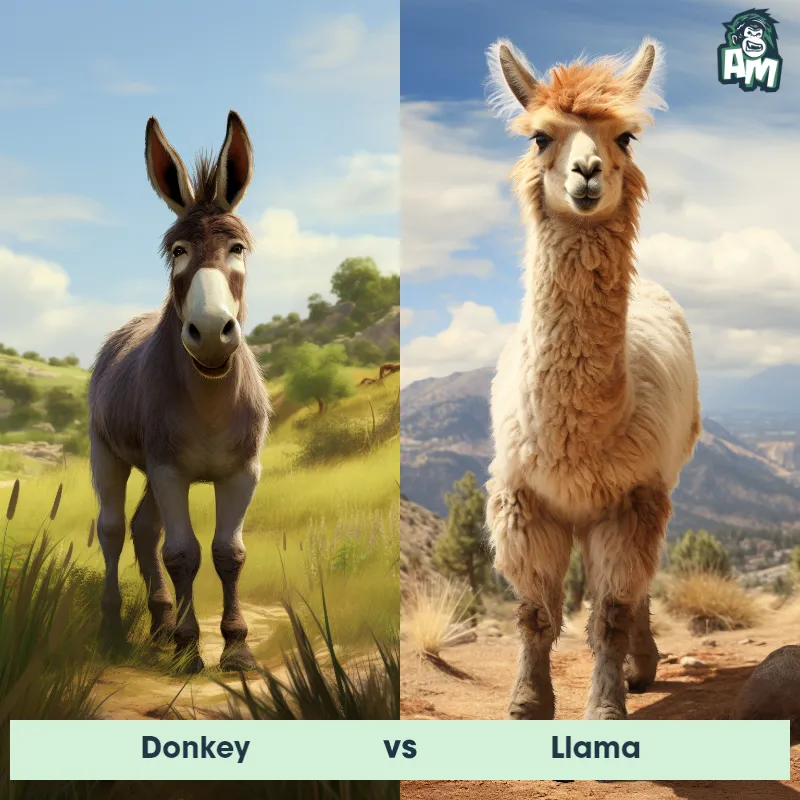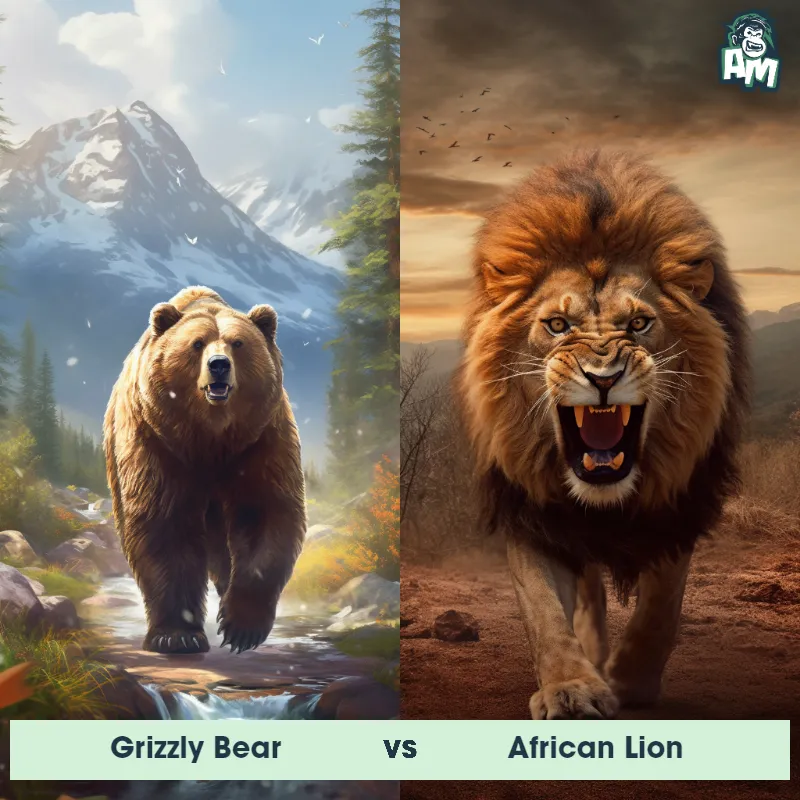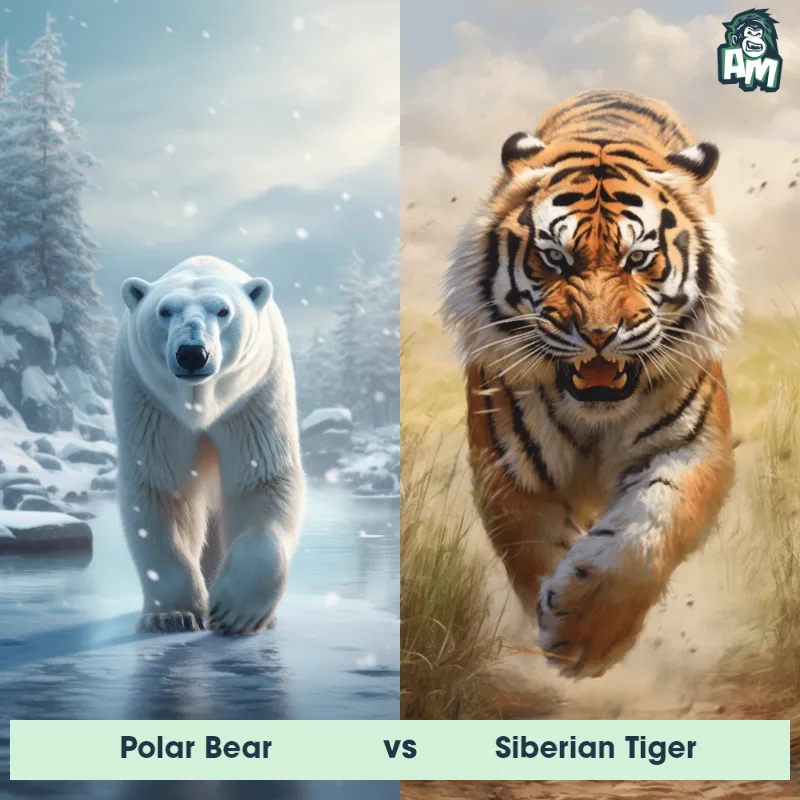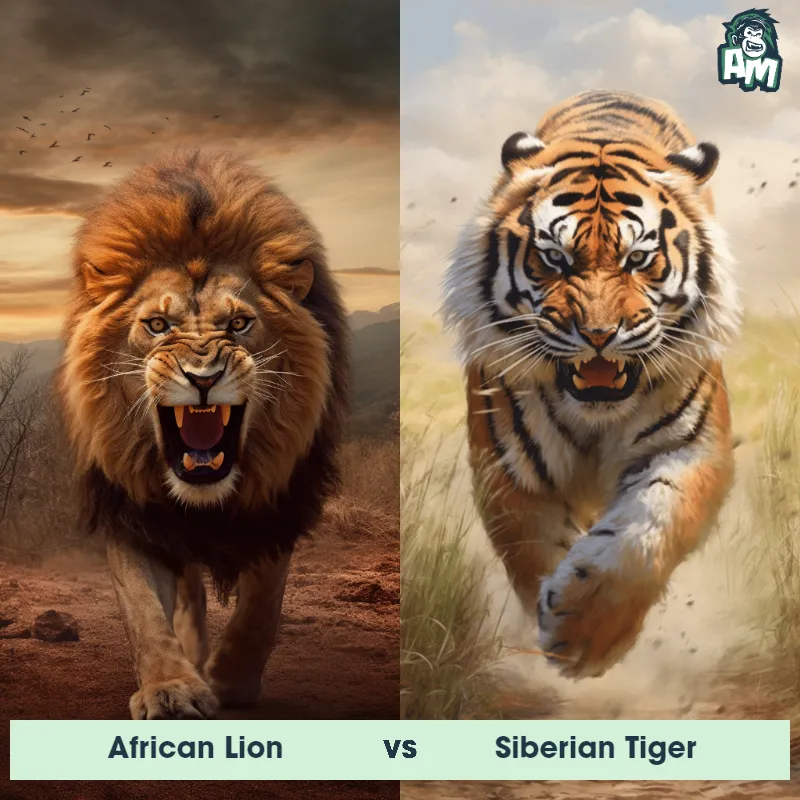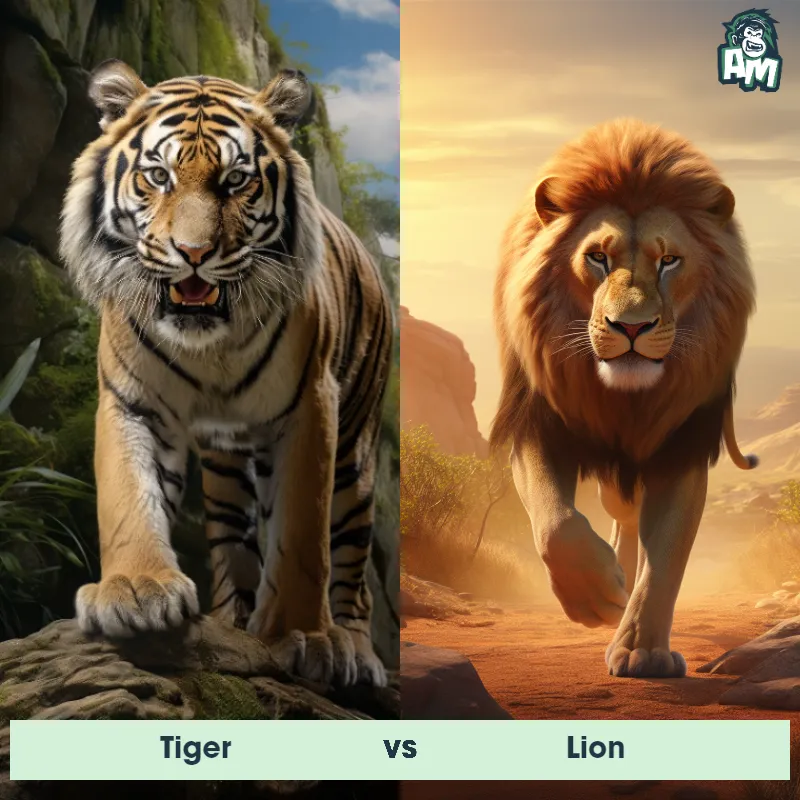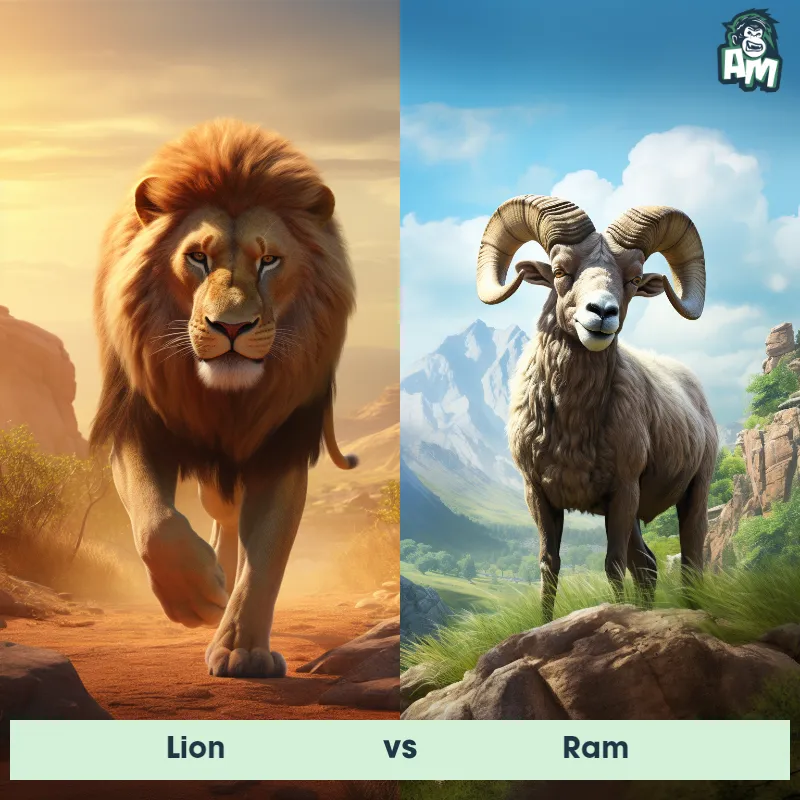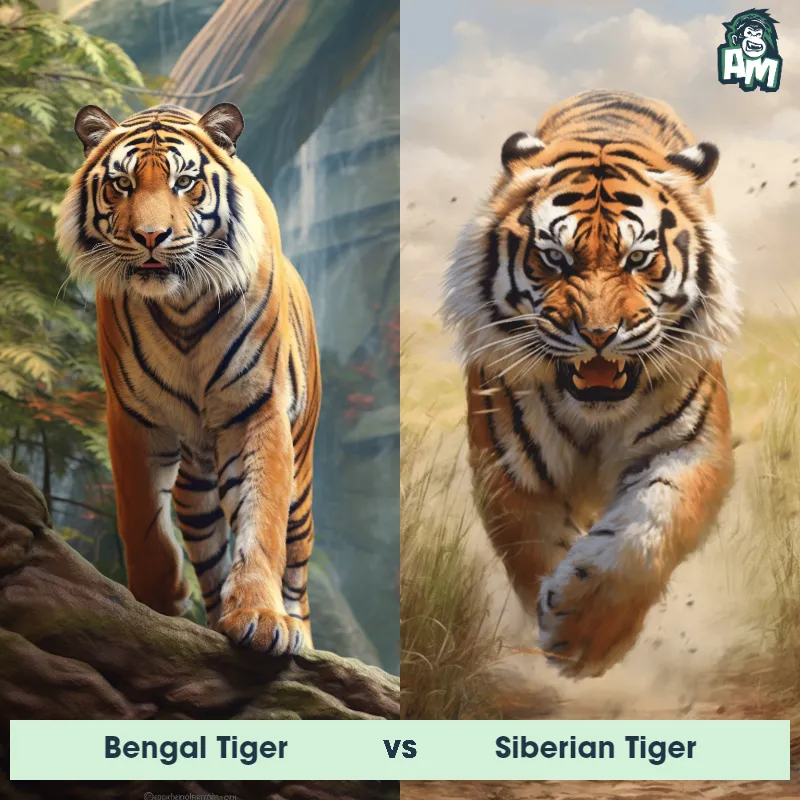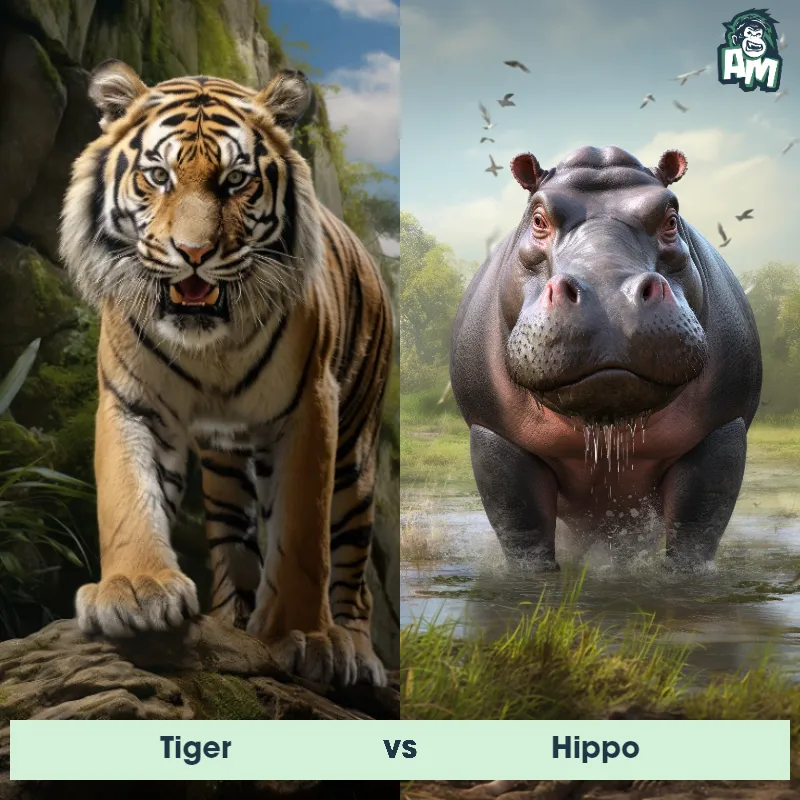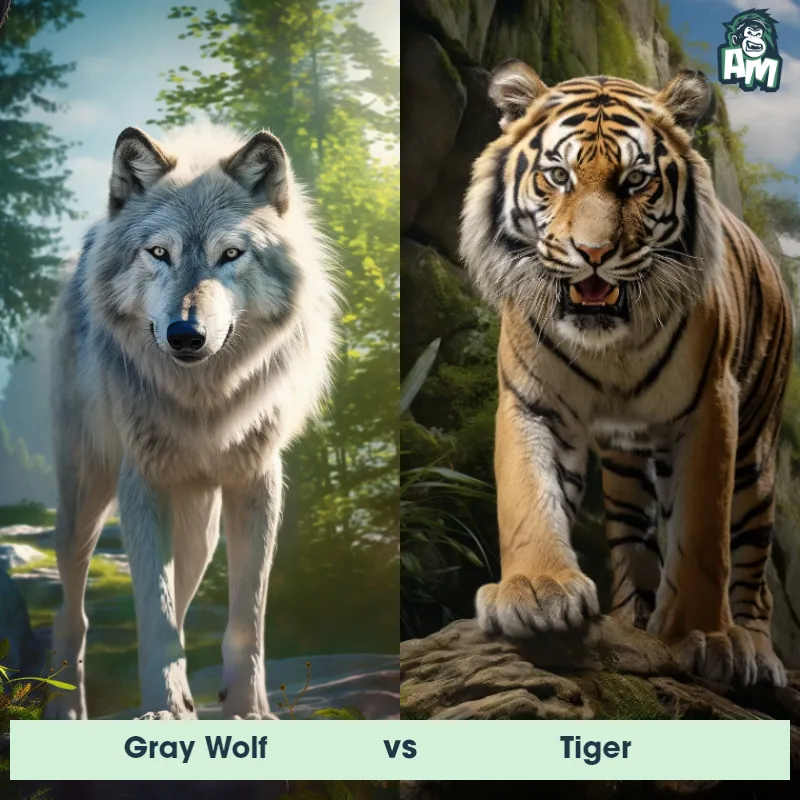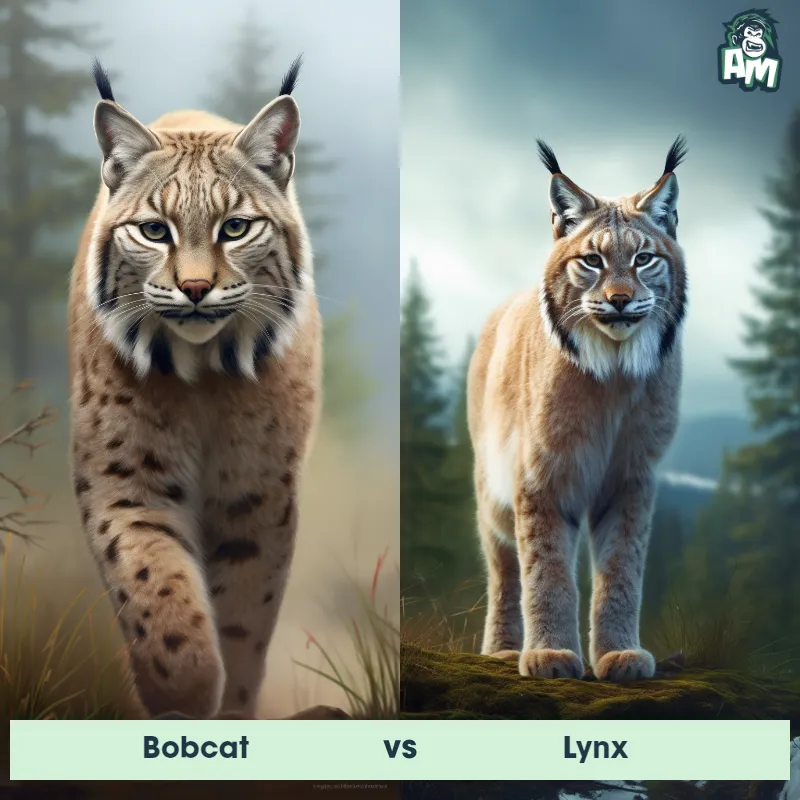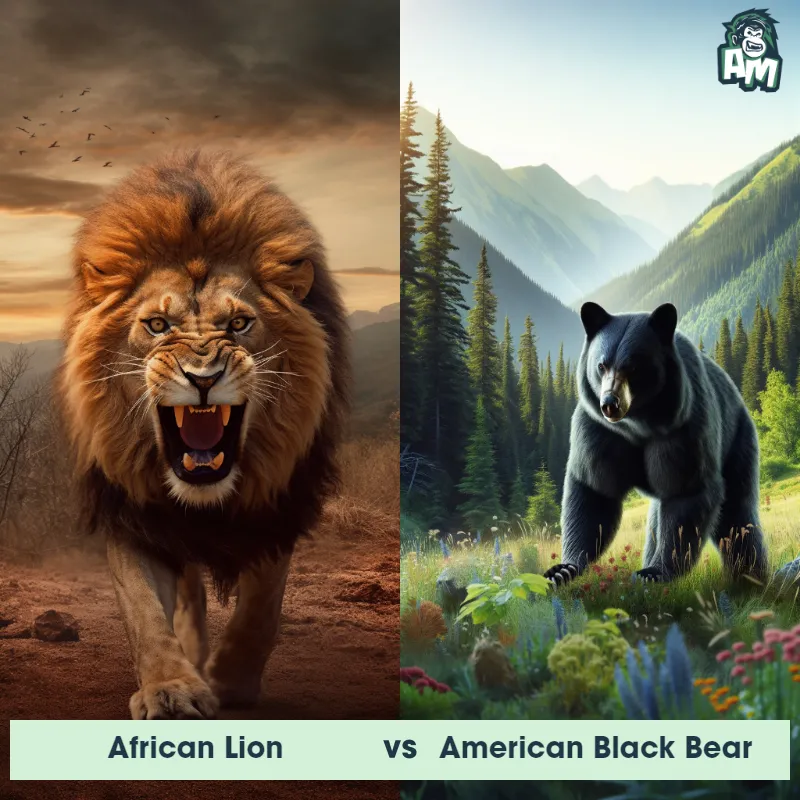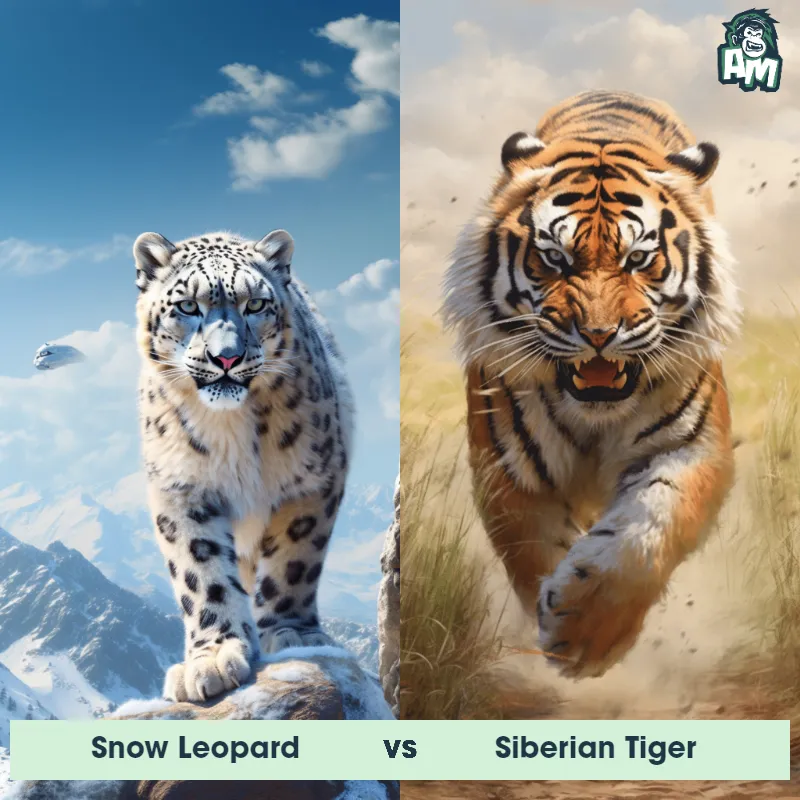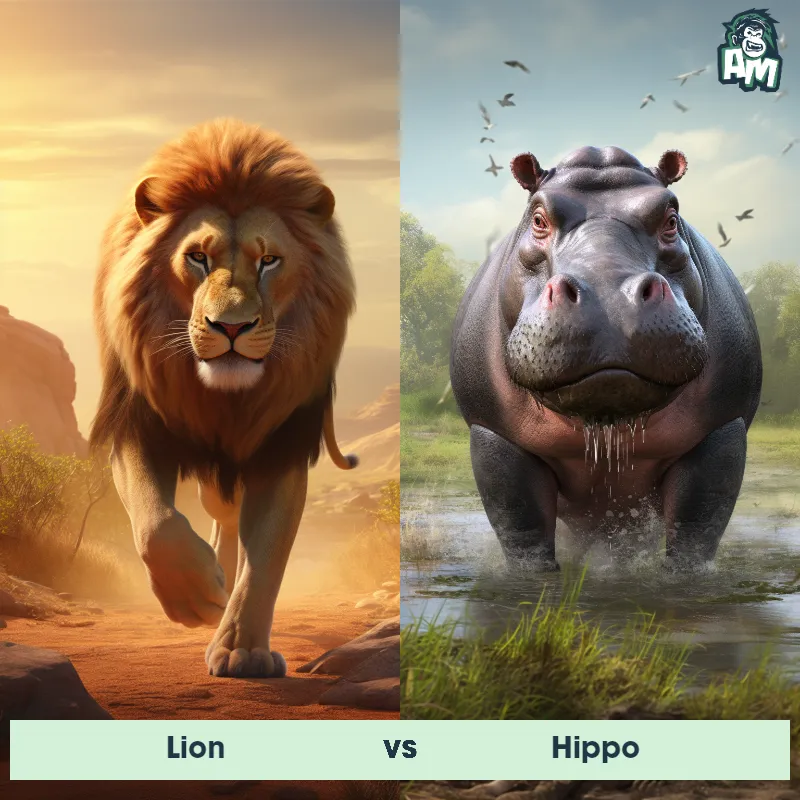Walrus vs TigerSee Who Wins

Ladies and gentlemen, welcome to this thrilling showdown between two incredible specimens of the animal kingdom! Today, we bring you a battle like no other, as a formidable tiger steps into the ring to face off against a massive, blubbery walrus. Get ready for an intense fight that will keep you on the edge of your seat. Let the match begin!
Contender 1: Walrus
The Walrus, also known as Odobenus rosmarus, is a large marine mammal that can be found in the Arctic Ocean and subarctic regions. They have a thick layer of blubber that helps them stay warm in cold waters, and their long tusks are used for defense, cutting through ice, and helping them climb onto ice floes. Walruses have a distinctive appearance with their wrinkled skin, whiskers, and flippers that are used for swimming and maneuvering on land.
Fun Fact: Walruses can hold their breath for up to 30 minutes while diving for food, which can include clams, mussels, and other shellfish.
Contender 2: Tiger
The Tiger is a large and powerful big cat, known for its distinct orange coat patterned with black stripes, which are unique to each individual, much like a human fingerprint. Tigers have a muscular build, a heavy head with strong jaws, and a tail that is usually about half the length of their body. The largest species of the cat family, adult male tigers can reach up to 10 feet in length and weigh up to 660 pounds. Tigers are native to various parts of Asia and are adept swimmers, unlike most members of the cat family.
Fun Fact: Tigers are apex predators and primarily consume larger mammals for food, including deer and wild boar; a hungry tiger can eat as much as 60 pounds in one night.
Matchup Stats
| Walrus | Tiger | |
|---|---|---|
| Size | Up to 11 feet (3.3 meters) in length | Up to 10 feet in length (3.05 meters) |
| Weight | Up to 3,700 pounds (1,678 kilograms) | Up to 660 pounds (300 kilograms) |
| Speed | Speed: 15 mph (24 km/hr) | 35-40mph (56-64km/h) |
| Key Strength | Tusks used for defense and dominance during mating season | Strong jaws and muscular build |
| Biggest Weakness | Slow movement on land | Limited endurance for long chases |
Current Votes
Walrus vs Tiger
See Who Wins
View More Matches
Looking For More?
Similar Matches
Scientific Stats
| Walrus | Tiger | |
|---|---|---|
| Scientific Name | Odobenus rosmarus | Panthera tigris |
| Family | Odobenidae | Felidae |
| Habitat | Arctic Ocean and subarctic regions | Forests, grasslands, and swamps |
| Geography | Northern Hemisphere | Asia |
| Diet | Clams, mussels, and other shellfish | Carnivorous, primarily deer and wild boar |
| Lifespan | 40 years - 50 years | 15 years - 26 years |
Key Differences between Walrus and Tiger
- Habitat: Walruses are primarily found in Arctic regions, inhabiting ice floes and shallow coastal waters. Tigers, on the other hand, inhabit diverse habitats ranging from tropical rainforests and mangrove swamps to grasslands and savannahs in Asia.
- Adaptations for swimming: The Walrus has flippers as forelimbs and hind limbs modified as flukes, enabling it to navigate in water. Conversely, the Tiger has specialized limbs with strong muscles and long claws, which aid in hunting and climbing.
- Color and patterns: The Walrus has thick, wrinkled, and light to dark brown skin, with some individuals exhibiting patches of pink due to algae. In contrast, the Tiger has a distinct orange coat with dark stripes that serve as camouflage in its natural habitat.
- Body shape: The Walrus has a bulky and barrel-shaped body, with a large head featuring long tusks and small eyes. The Tiger, on the other hand, has a more muscular and streamlined body with a round head, short snout, and prominent eyes.
- Size: The Walrus is much larger than the Tiger, with adult Walruses weighing up to 1.5-2 tons, while Tigers typically weigh around 350-600 pounds.
- Ears: While both animals have ears, the Walrus has small ear holes that are barely visible, as most of its auditory system is adapted for underwater hearing. Tigers have prominent, rounded ears that are essential for their keen hearing abilities.



